16 Things to Stop Buying to Save Money as a Family

Today I want to talk about a blog post that I stumbled upon. These are 16 things to stop buying to save money, and I want to share my perspective as a wife and a mother of three. If you want to stop buying things you do not need, you might find this helpful.
1. Fast food
Everyone knows that cutting out fast food saves a bunch of money, but sometimes we get too busy or frankly too hungry. This blog says that most people spend between $100 and $500 a month on fast food.
If that is true, that is crazy. We are a family of five, soon to be six, and I know how it might add up.
2. Bottled water
Even if you only spend $1 a day, you are still spending $30 a month, or $365 a year. Meanwhile, a reusable water bottle from Walmart costs around $10, not to mention all the waste that comes from bottled water.
3. Coffee takeout.
Giving up on drive-through coffees might be something you struggle with. I write one coffee a month into my budget, and since I do not work and I live far from coffee shops it is not that hard for me to abide by that.
Instead of a $9 coffee, I make myself a 25-cent cup and just put my own whipped cream or caramel drizzle on top to make it feel fancier. If you spend just $5 a day on coffee, that comes up to $100 a month. imagine if you could put those $100 towards your savings, your car payments, or your college fund.
4. Prepackaged foods
This one might be a bit impractical to let go of entirely. The convenience factor is significant, so sometimes we are ready to overpay.
I have been trying hard to limit these purchases though, to become less of a consumer and more of a producer, but some prepackaged foods I will always keep some around, despite the insane pricing.
5. Sale items that you do not need
This one definitely gets me because I am a bargain shopper. I do have certain limits and reasons to buy things: if they are useful at home or they would make a good gift, for example. Still, just because it is a good deal does not mean you need it. $4 is still money.
6. Name brand products
This is relevant for foods specifically. I used to work at a cheese factory and package cheeses, so I know that all those cheeses from different brands come from the same batches and are made with the same ingredients, the difference is just the label and the price. That is true with most things, like corn and green beans.
7. Gym memberships or subscriptions.
This one is definitely a personal choice: personal fitness is very individual, so it may be worth it for you. My husband and I used to share a gym membership which provided childcare, so it was very convenient.
8. Cable TV
I guess very few young people are still paying for cable, but my grandma would probably rather drop dead than get rid of her TV. If it is important to you, then it is. What we do at home to save money is rotate our subscriptions to Disney+, Netflix, Hulu etc.
We subscribe to each for a while and then pause the subscription and move on to the next one. This is especially great in the summer because we want our kids to be outside, so we do not watch that much TV anyway.
9. Books and magazines
In the world of Kindles, e-books, and Audible I can see why books are on the list, but for me, a hard-copy book is much more fulfilling. You can always find books on Facebook Marketplace, at garage sales, or at Goodwill for around fifty cents.
10. New cell phones
There are people who upgrade their phones as soon as the new model drops. I do not see this as necessary, so I save a lot of money by not upgrading my phone too often.
11. Paper products
I replaced my paper towels with cleaning washcloths and everything was reusable. Not only does it save money, but it is also much better for the environment.
12. Haircuts
At our house, I and my husband trim our kids’ hair, and I trim my bangs and go to a salon around twice a year to do the rest. This saves both money and the time it takes to drive to the salon.
13. Beverages
Beverages are clearly among the first things to stop buying if you want to save money. All of us have something we love to drink. For me, it is Diet Coke. We also keep juice at home during the wintertime to boost the kids’ immune systems with some extra vitamins and minerals. Beverages can definitely add up.
14. Name-brand medicines
This one is a touchy subject. Medications can definitely eat up money, but at the same time, sometimes I prefer the name brand. It also depends on the medicine: for aspirin, I will buy the off-brand.
15. Bank fees
This one is less relevant for me because our bank offers basic bank accounts with no banking fees. If you are still paying minimum account maintenance fees, minimum account balance fees, overdraw fees, foreign transaction fees, and others, you might want to consider switching to a different bank.
16. Cigarettes and alcohol
These are definitely expensive. I am 25, and I think I am actually saving money by having kids instead of bar-hopping like my ex-classmates. I cannot imagine how much cigarette prices went up in 2020.
Things to stop buying to save money
I hope my overview was useful and will help you develop your own system of how to stop buying things. What products are you not ready to give up yet? Have you successfully changed any of your habits to save money? Let me know down below!



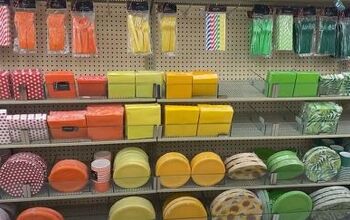
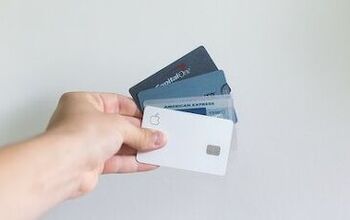





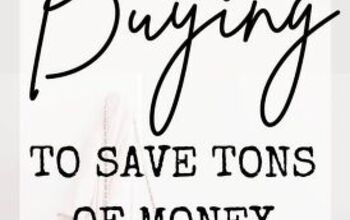

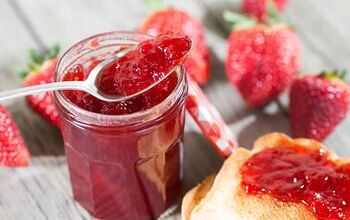

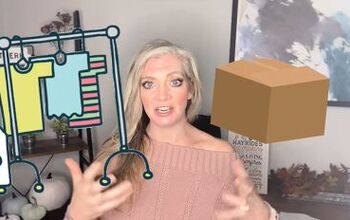
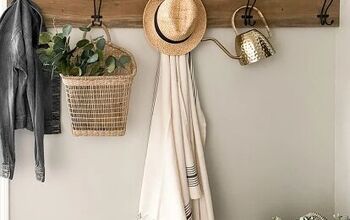
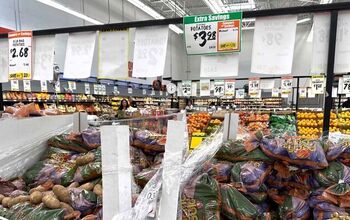

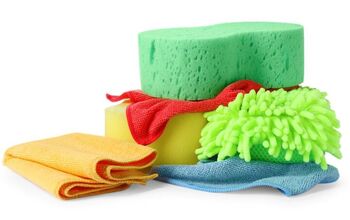
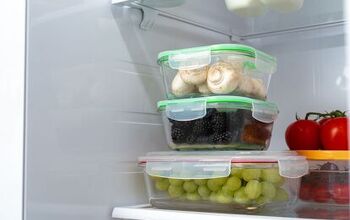
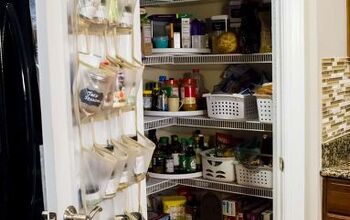
Comments
Join the conversation
You should be really proud of yourself for following your own money saving idea at 25. (WOW)
Buying clothes, toys, shoe for kids can eat lots of money. When mine was growing I visited consignment sales and thrift shops for much of the outerwear. Also, sty sticking to basics and classics in colors that go together, are sturdy, and that you can repair if they lose a button or a hem. Wash laundry in cold water. Turn the heat or air conditioner to lower (or higher) settings when you are away, use fans when someone is actually in the room. Use energy-efficient light bulbs and set the water heater to the coolest temp you can justify. Change filters in all appliances and heating system regularly. Keep two charge cards, both with no membership fees. Use one for ordinary expenses and pay the total when it is due so you avoid fees. Use the other only for major purchases that you need but cannot pay for within a charging period. Once there is a purchase on the card, do not buy anything else with that card before the entire balance is paid.